SGGP
In order to rectify the situation of illegal tutoring and learning, the Chinese Ministry of Education issued a new regulation: Unlicensed tutoring establishments will be fined 100,000 yuan (13,747 USD).
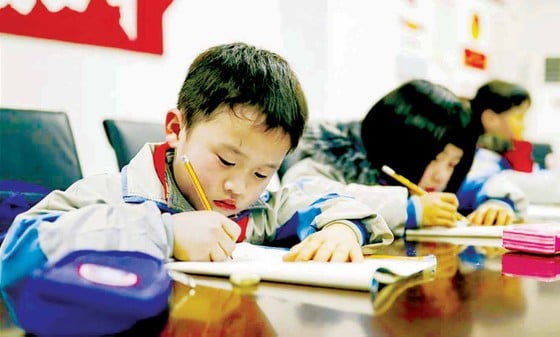 |
| Primary school students in Guizhou province, China do homework after school. |
The new regulation officially takes effect from October 15, 2023. Accordingly, teachers working at middle and primary schools who teach paid subjects without permission will be severely punished. This is the latest measure by the Chinese government after more than 2 years of implementing the "double reduction" policy, which means reducing homework and reducing extra teaching and learning.
According to the regulations, a series of tutoring centers must close or convert to non-profit organizations, no new centers will be licensed. Schools must also reduce daily homework.
Late last year, China’s Ministry of Education issued regulations requiring that tutoring programs not include school-related content and that class times should not overlap with school hours. Tutoring providers cannot charge for periods longer than three months, or 60 hours of class time. Additionally, tuition fees of more than 5,000 yuan ($687.56) cannot be charged for courses through one-time payments or through disguised methods such as prepaid card top-ups.
The move is aimed at both easing pressure on children and boosting the country’s birth rate by reducing household expenses. High tuition fees, which now exceed 100,000 yuan ($13,912) a year in cities like Shanghai, are seen as adding to China’s already-strained social problems, including its low birth rate.
The Ministry of Education said that despite the application of strict management measures, after-school tutoring activities still continue at different levels, and the problem of private tutoring establishments collecting money and then running away still occurs. To avoid inspection, some training establishments have switched to "underground" operations, and many tutoring and exam preparation classes operate in a "guerrilla" manner, such as opening classes in camouflaged office buildings outside, or moving to a coffee shop with someone watching...
Fierce academic competition and a culture that values grades have led to China’s after-school “tutoring industry” growing exponentially in recent years. Before the “double discount” policy was introduced, nearly 80% of Chinese parents admitted to sending their children to after-school tutoring classes.
Chinese parents spend an average of 120,000 yuan ($16,500) a year on their children’s extracurricular education, with some spending as much as 300,000 yuan ($41,000), according to the National Education Association. More than 40 percent of parents feel they have no choice but to send their children to after-school classes because of the intense competitive pressure.
Therefore, although the Ministry of Education's new regulations are appreciated, according to some education experts, without changes to the national examination system, the need for private tutoring will not decrease. Currently, China's national examination only uses scores to decide whether students are qualified to be admitted to a good school or university.
Source



![[Photo] "Beauties" participate in the parade rehearsal at Bien Hoa airport](https://vstatic.vietnam.vn/vietnam/resource/IMAGE/2025/4/11/155502af3384431e918de0e2e585d13a)


![[Photo] Looking back at the impressive moments of the Vietnamese rescue team in Myanmar](https://vstatic.vietnam.vn/vietnam/resource/IMAGE/2025/4/11/5623ca902a934e19b604c718265249d0)



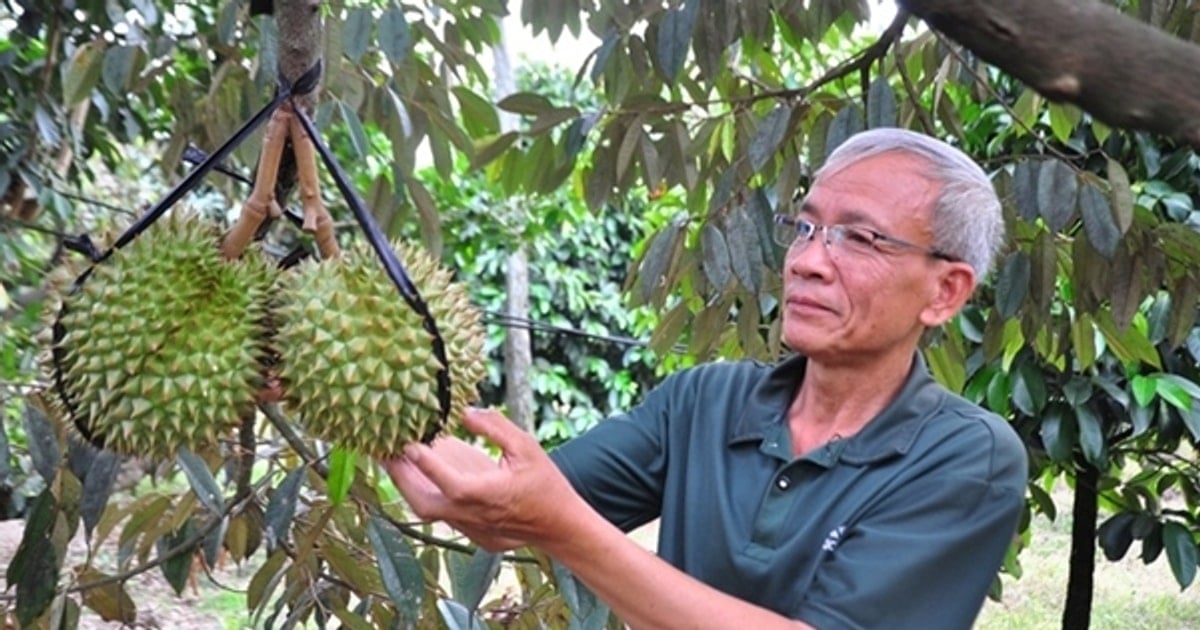

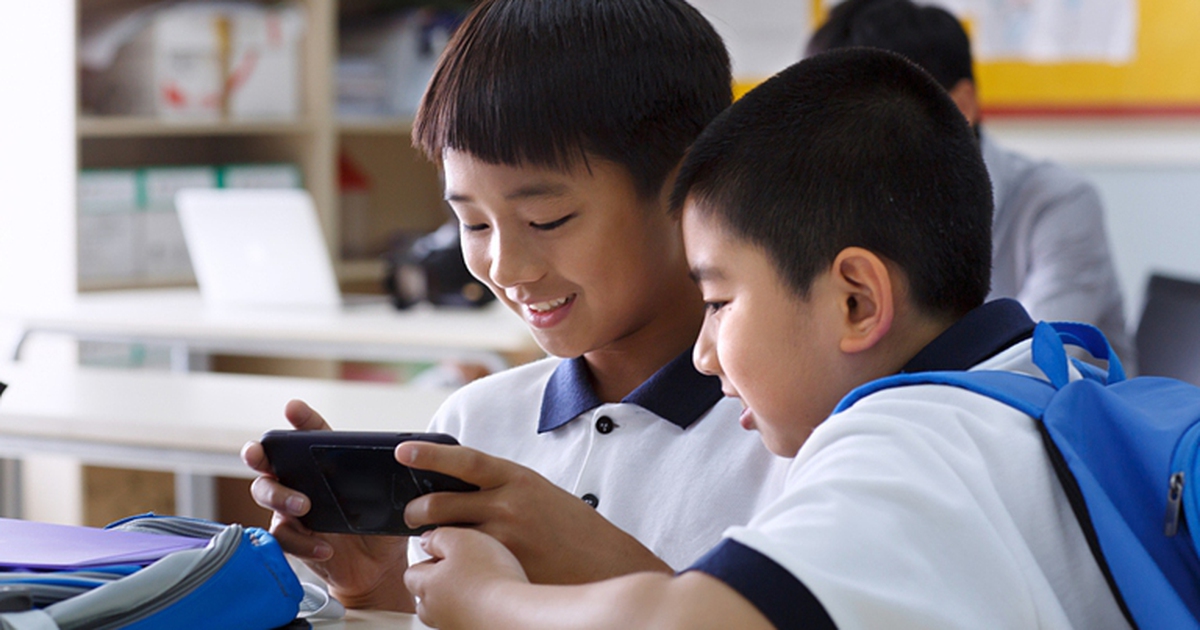

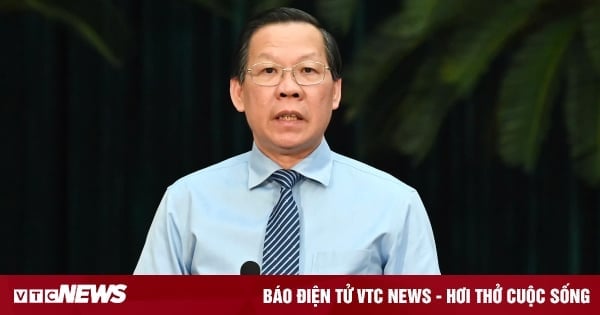

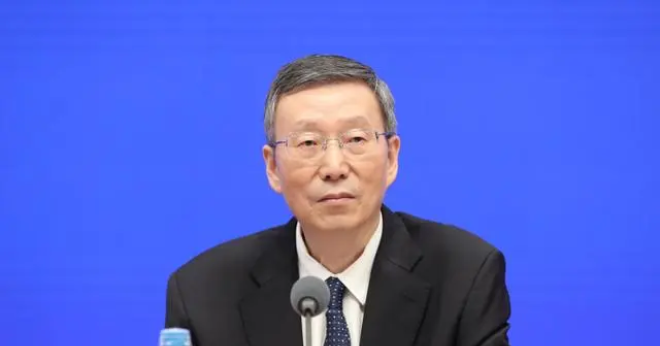







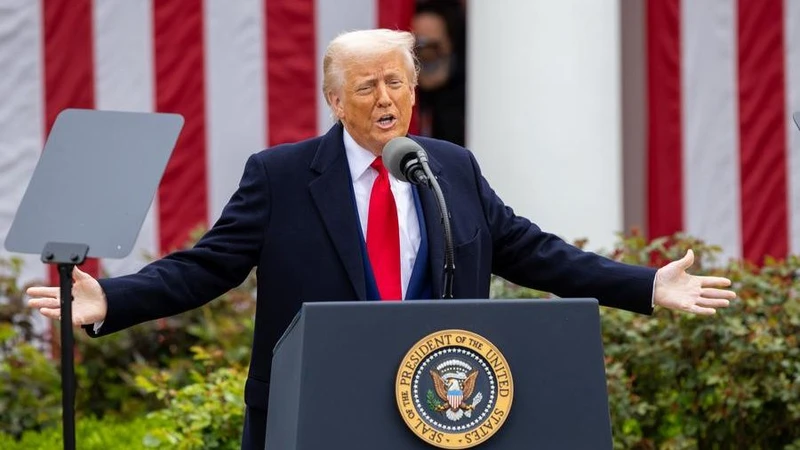





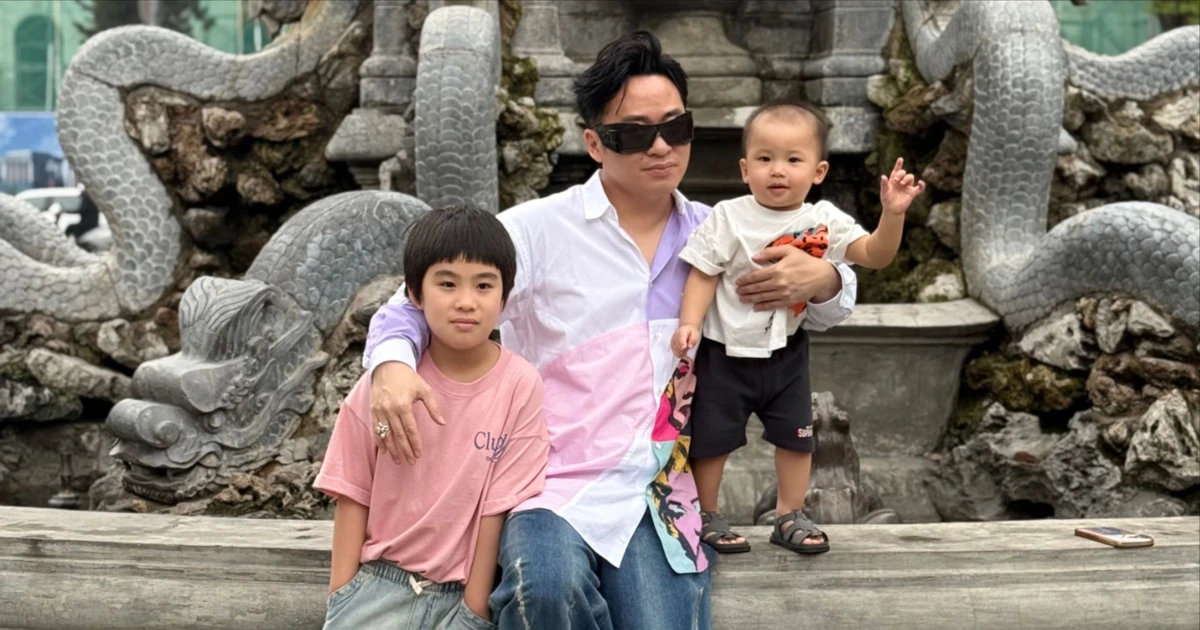



![[Photo] Summary of parade practice in preparation for the April 30th celebration](https://vstatic.vietnam.vn/vietnam/resource/IMAGE/2025/4/11/78cfee0f2cc045b387ff1a4362b5950f)





































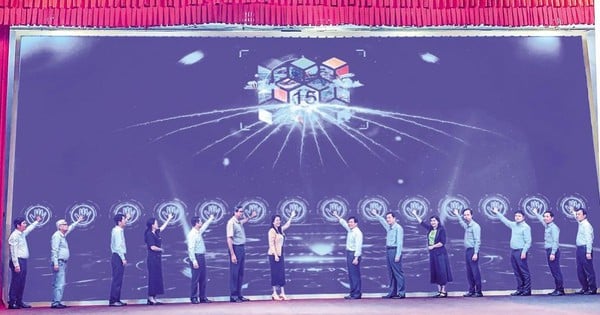
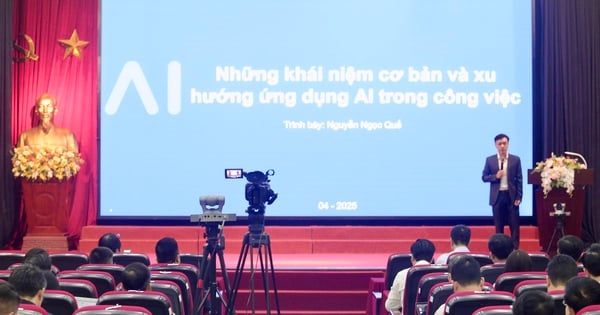
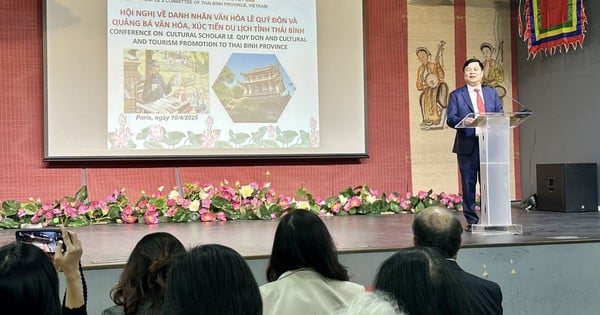
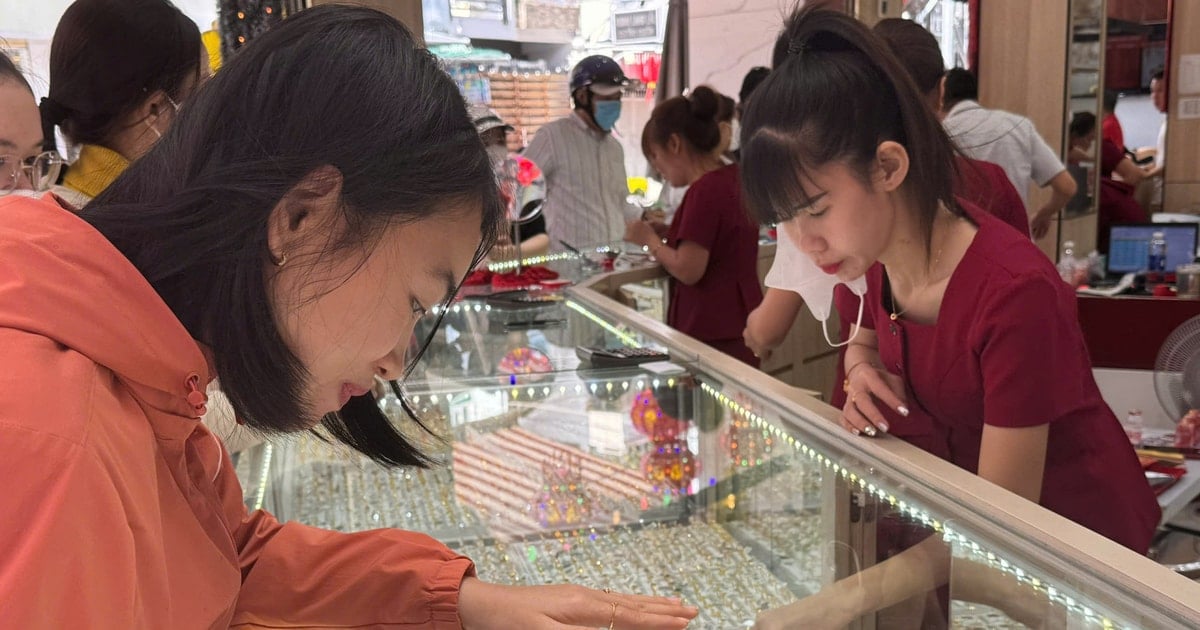



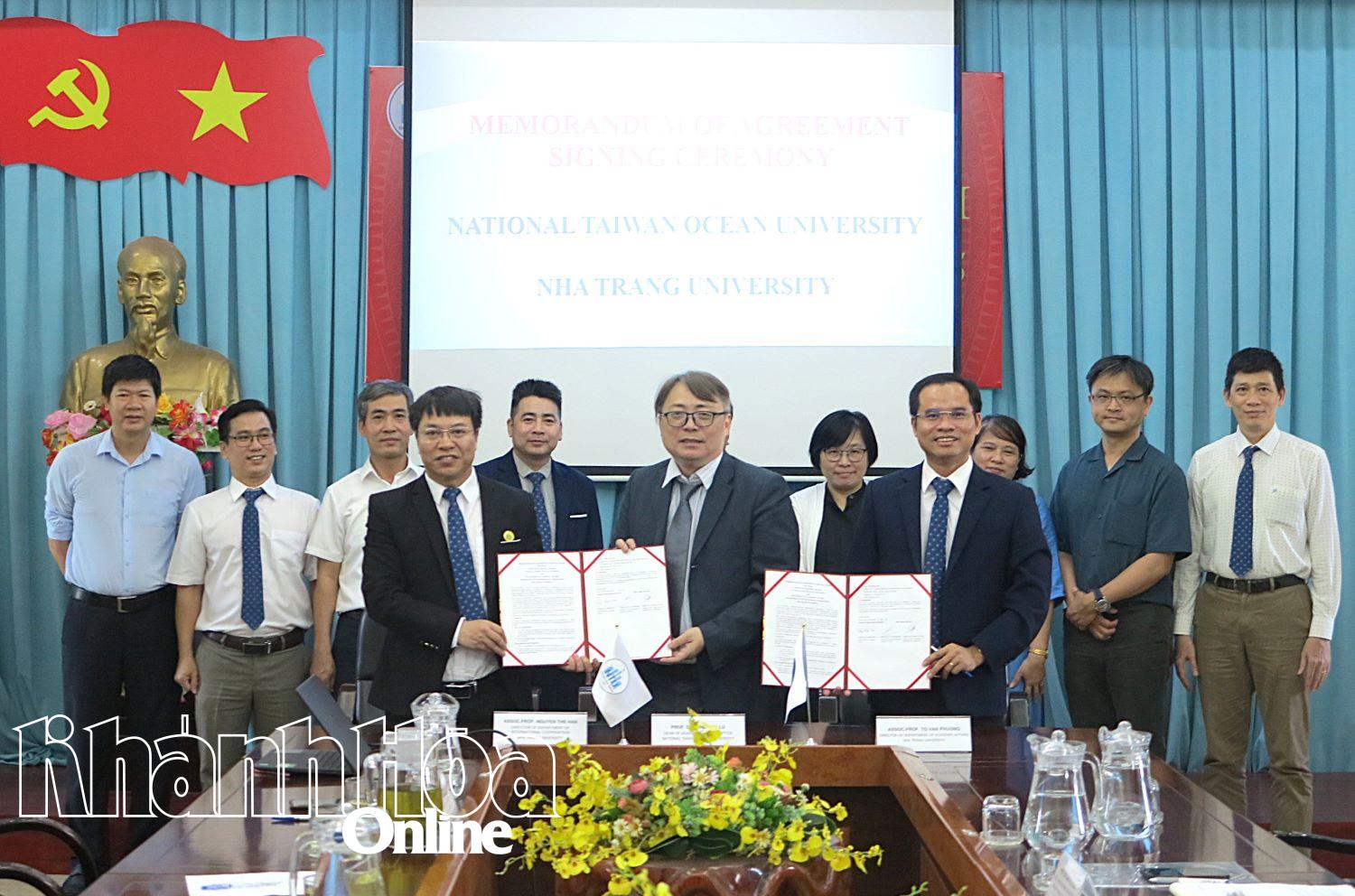

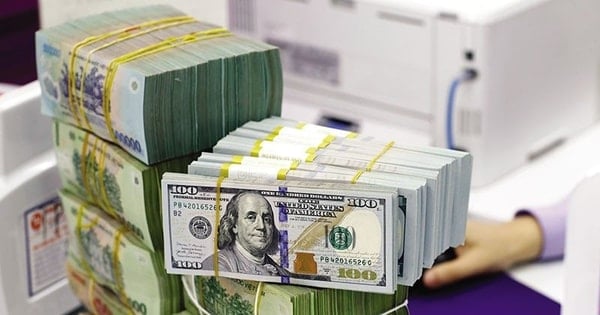

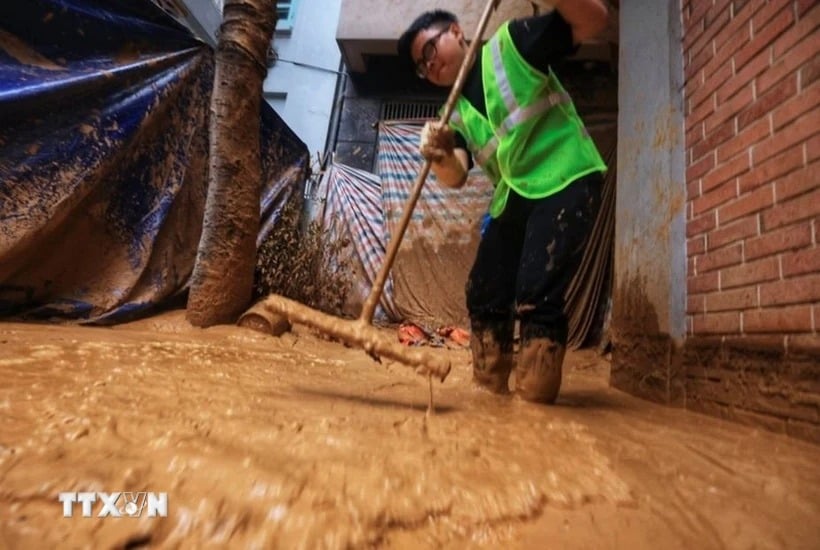

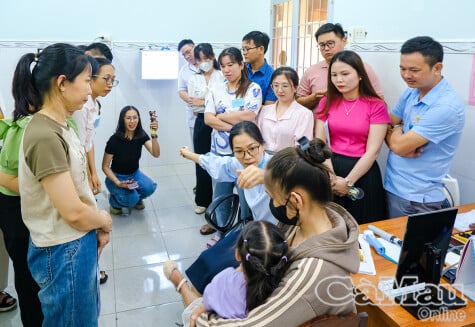











Comment (0)